Amine El Assouri, Stalks
Discover how data is transforming higher education in 2024. From predictive analysis to the personalization of student pathways, delve into the latest trends that are redefining learning and management methods in universities and grandes écoles. Explore major innovations and how they enhance the educational experience and academic outcomes through strategic data use.
Predictive Analysis and Student Admissions
Predictive analysis is revolutionizing the admissions process in universities and grandes écoles by using models based on historical data to predict future outcomes of candidates. These models analyze variables such as exam scores, extracurricular activities, and even interactions on online learning platforms to predict not only academic performance but also a student’s ability to adapt and thrive in a specific environment. This allows institutions to tailor their training offerings to better match student profiles, while optimizing cohorts for balanced diversity and effective inclusion. Schools can thus anticipate the need for academic support or resources, improving retention and success rates.
Personalization of Educational Pathways
Data is transforming higher education by making educational pathways more personal and tailored to the individual needs of each student. Data analytics technologies enable the tracking and assessment of performances in real-time, thereby offering the opportunity to modify study plans, course recommendations, and even teaching methods according to the preferences and progress of the student. This personalization goes beyond mere academic adjustments; it also encompasses student well-being by identifying signs of potential stress or dropout and proposing proactive interventions. Ultimately, this approach aims to maximize learning effectiveness and prepare students to succeed in increasingly dynamic and interconnected future careers.
Optimization of Resource Management
Data analytics tools enable more effective management of human, financial, and material resources in higher education institutions. By collecting and analyzing data on facility usage, class attendance, and even cafeteria consumption trends, administrators can make informed decisions to optimize operations. This includes strategic scheduling to avoid unnecessary overlaps, managing classrooms to maximize space utilization, and adjusting budgets based on student demand forecasts. These optimizations not only help reduce costs but also enhance the student experience by ensuring that resources are available and accessible when and where needed.
Continuous Improvement of Teaching Quality
Data also plays a key role in the continuous improvement of teaching quality. Through regular assessment of teacher performance and feedback from students, institutions can identify areas needing improvement or updates. Data can reveal trends such as student success rates in certain subjects, thus targeting specific professional training for teachers. Moreover, by tracking employment sector trends and technological advancements, universities can adapt their teaching programs to remain relevant and competitive. This ensures that students are well-prepared for future challenges, thereby strengthening the institution’s reputation and appeal.



